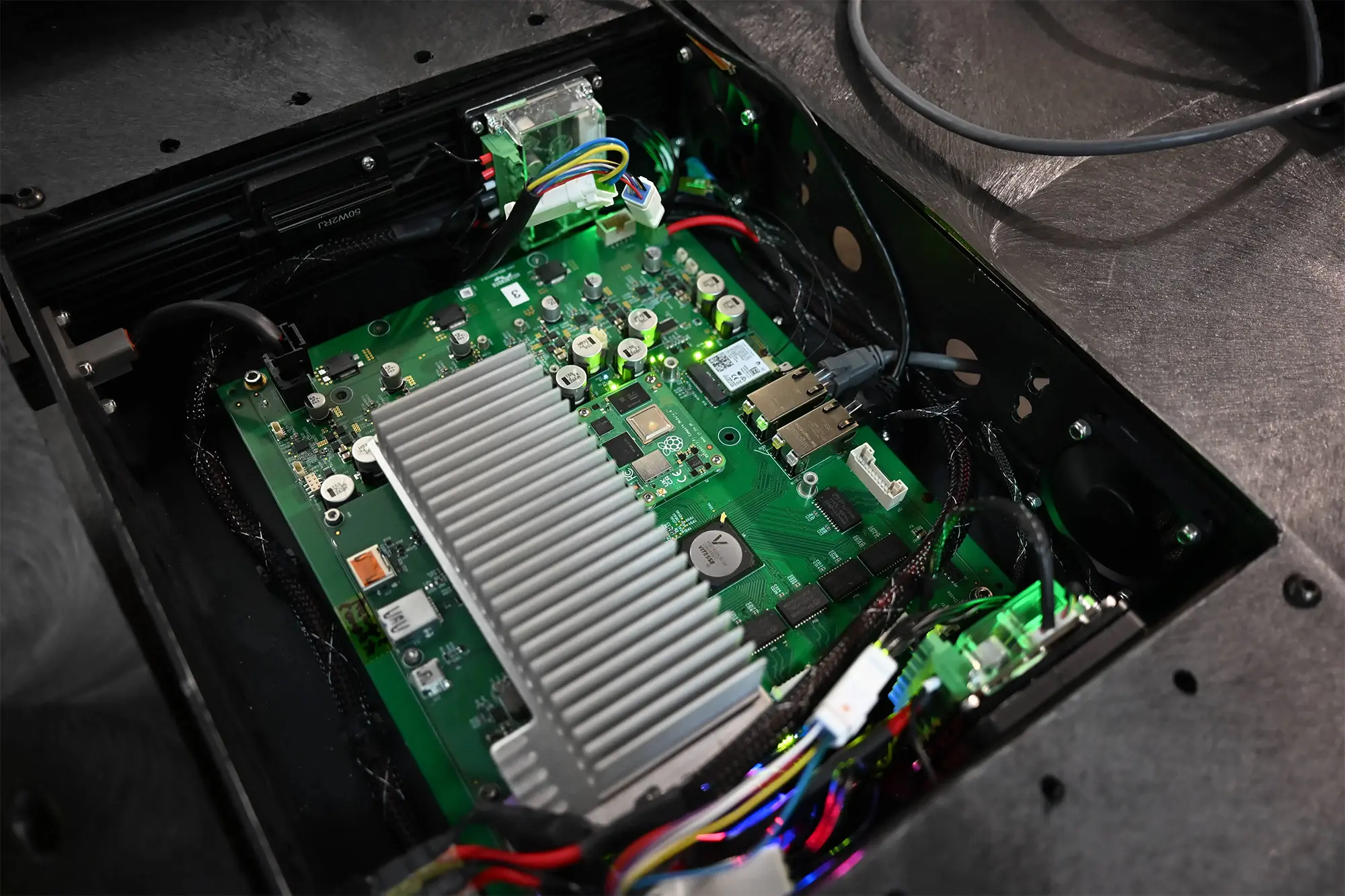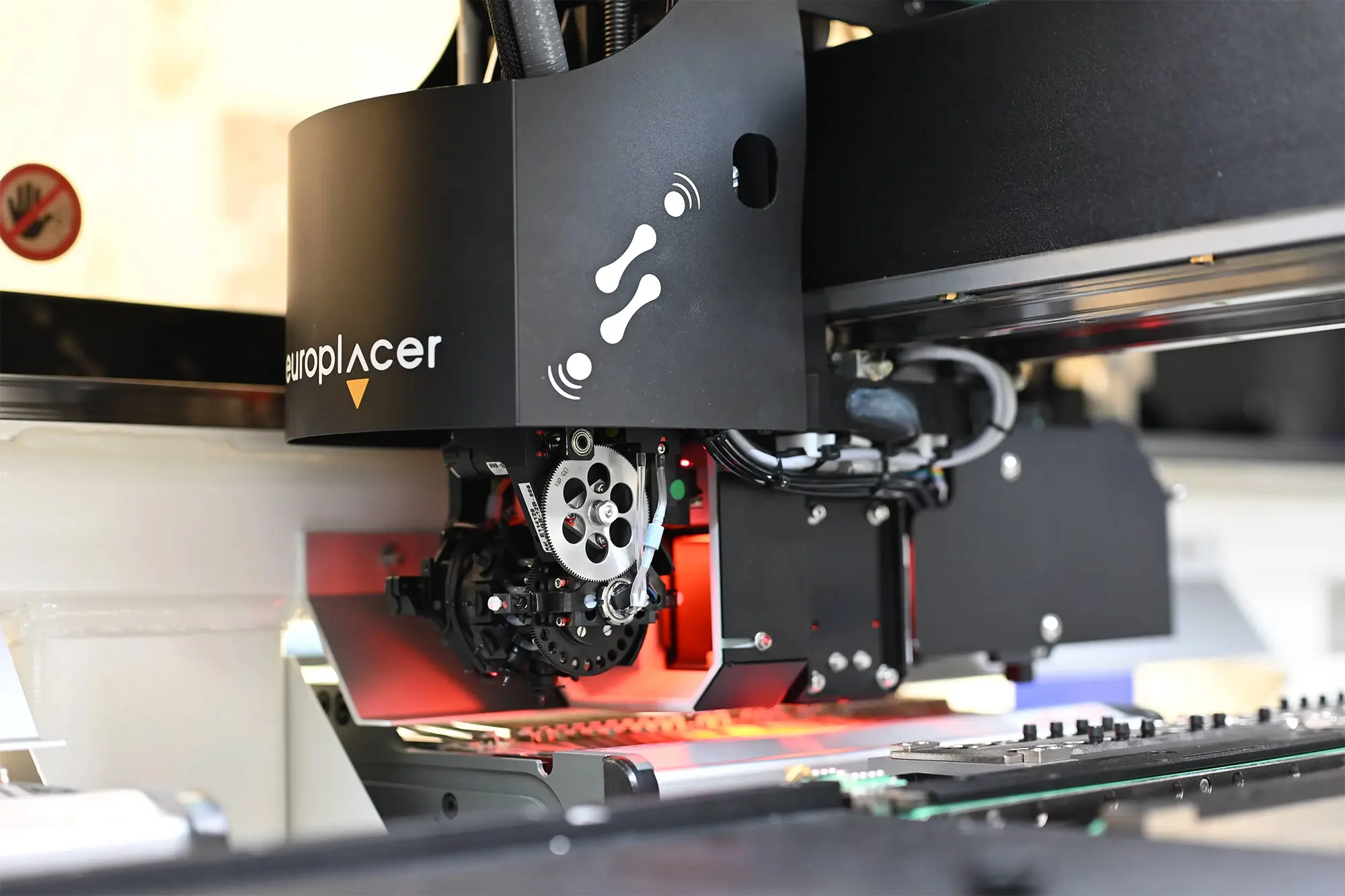About Us
Hellbender is a Pittsburgh based benefit corporation enabling the physical AI that solves customer problems. We specialize in the hardware, software, and manufacturing capabilities required to deliver the world’s best on edge perception systems, with an emphasis on computer vision.
Our customers and partners can trust us to not only do the job right, but to uphold our commitment to our employees, community, and the environment as well.
Cutting Edge Technology
Hellbender draws on the deep robotics and computer vision expertise of its team members, as well as partnerships with leading technology providers like Raspberry Pi, Nvidia, and Hailo to deliver cutting edge technology solutions to its customers.
American Electronics Design & Manufacturing
Part of our mission is to help reinvigorate domestic manufacturing in America. Hellbender’s state-of-the-art equipment is located in our 40,000 square foot facility in Pittsburgh, PA and is manned by our highly-skilled staff, more than 25% of which are veterans.

Certified Benefit Corporation
Electronics manufacturing has traditionally been off-shored at the expense of workers, communities and the environment. Hellbender re-envisions this dynamic. A portion of our profits is designated towards watershed conservation and local veterans organizations. We are 100% carbon neutral, and recycle industrial waste so none of our process metals contaminate waterways. Hellbender was built around these ideals to prove that the manufacturing industry can run on a modern model of sustainability.
Want to learn more about Hellbender?


